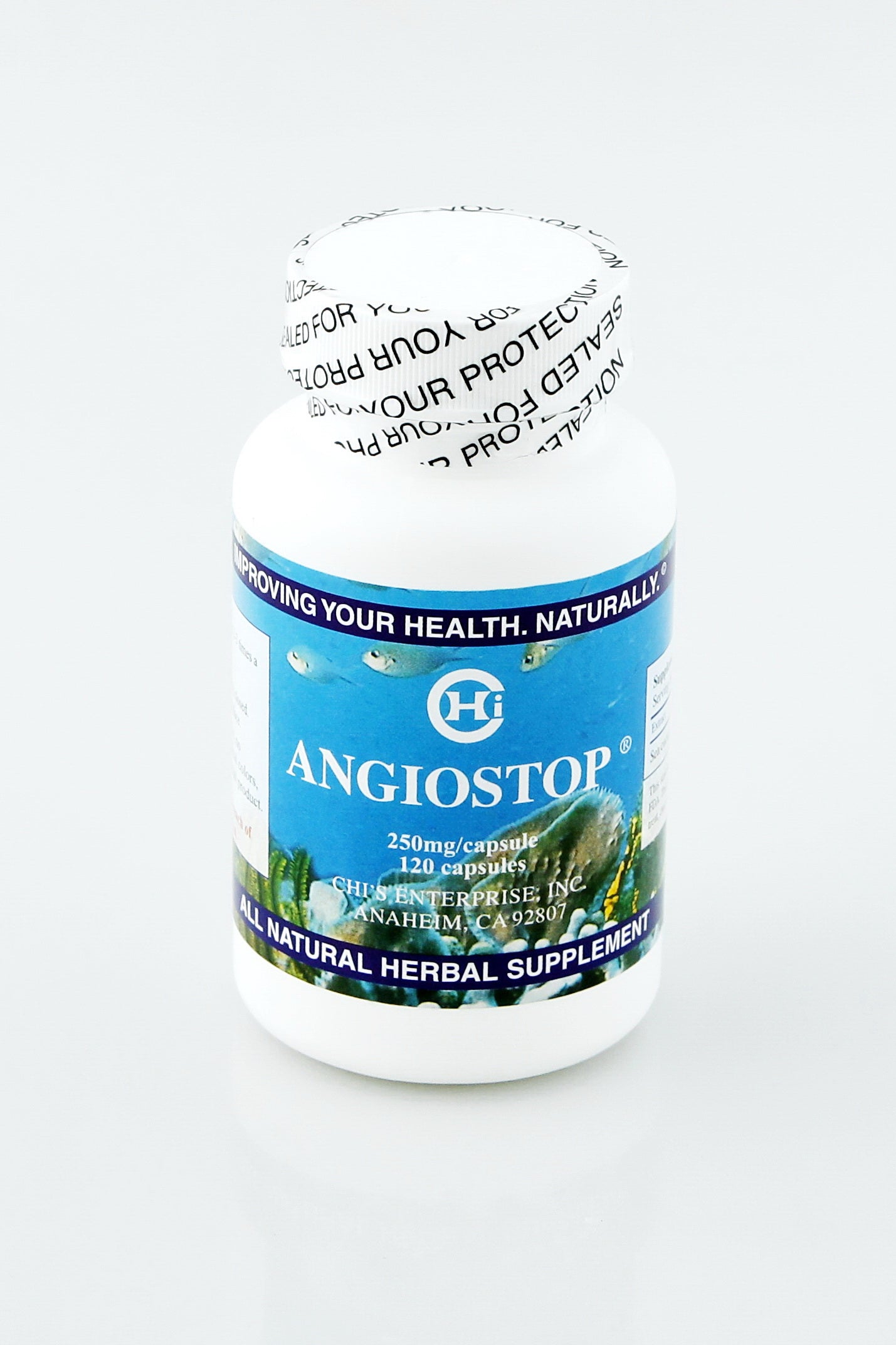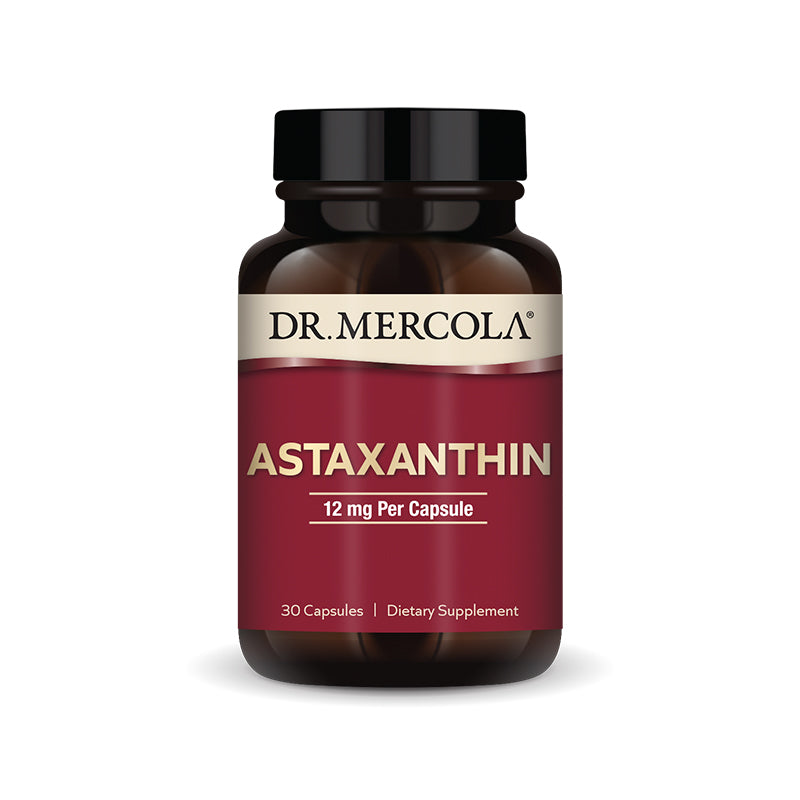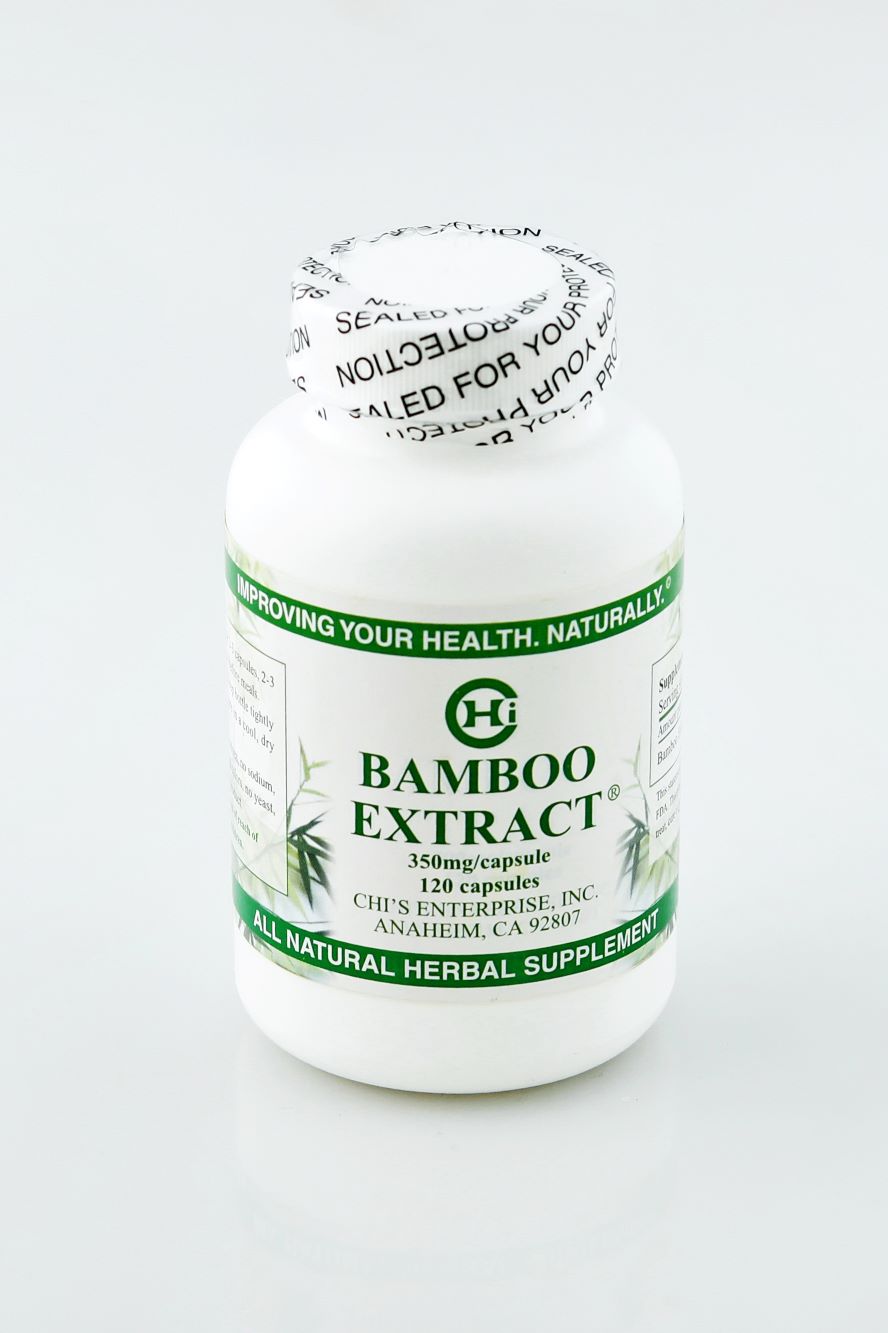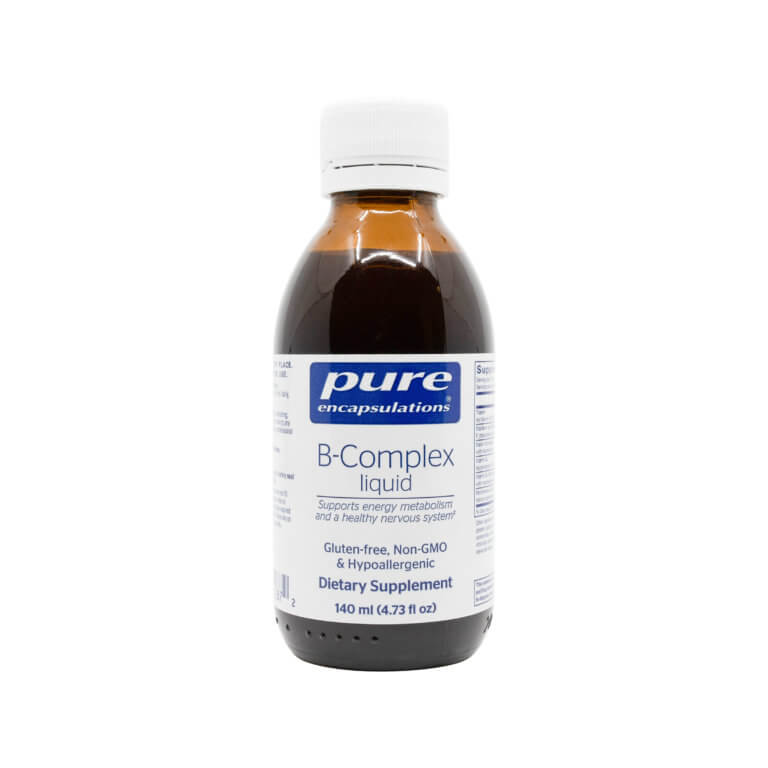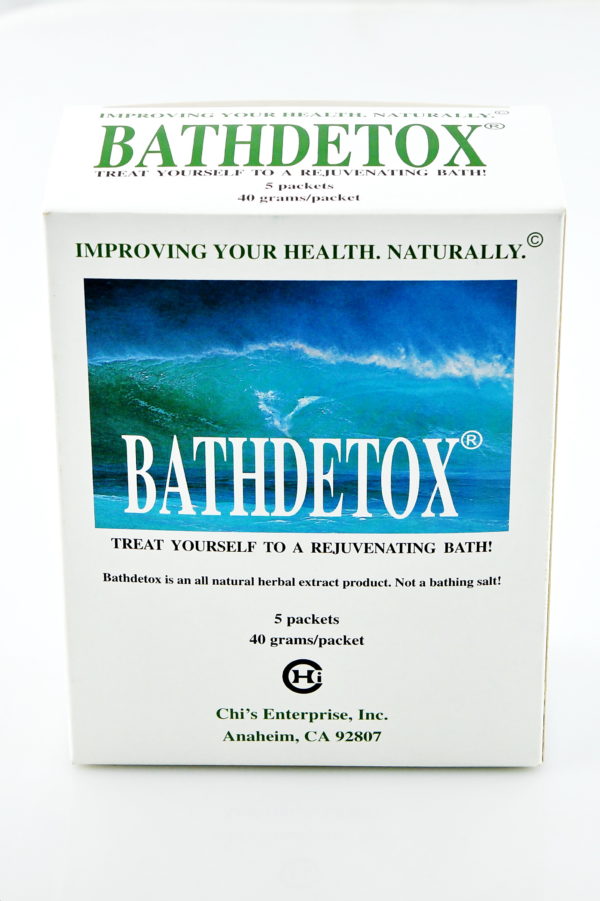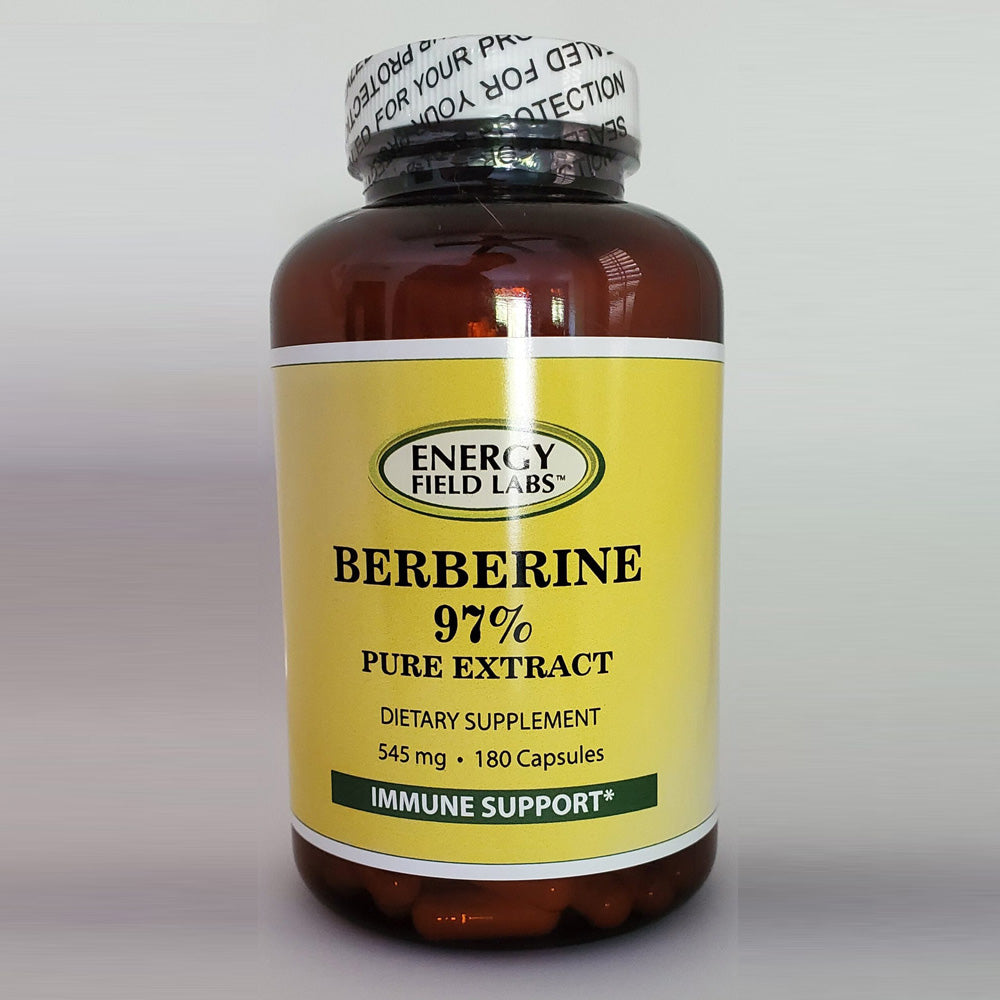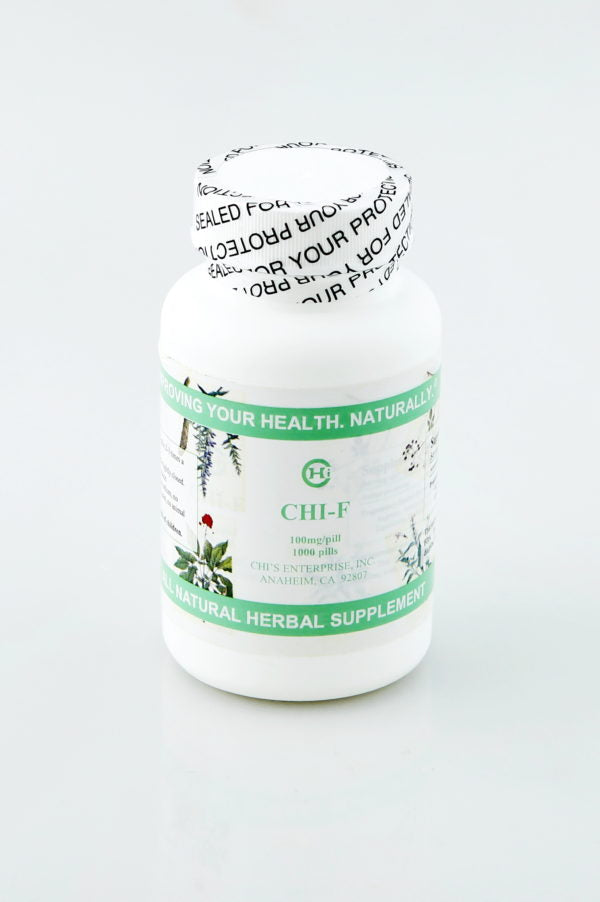by Glen Depke, Traditional Naturopath I see it as an epidemic in my practice with women that are experiencing negative symptoms of adrenal exhaustion, PMS, menopause and far too often infertility.
As a Traditional Naturopath, I do not treat symptoms and do not believe that the answer lies in symptom care. Our clients address the underlying core values that lead to their symptoms, balance this and eventually allow the body to balance and walk away from their challenges. I have had the pleasure of working with a high percentage of women in my practice through the years and can share the most of my clients have been women from the ages of 35 – 55. With this group in mind I can share that the high percentage of them were challenged with some type of hormonal imbalance that led to PMS symptoms, menopausal symptoms and/ or infertility. Let’s recognize that the true challenges are not PMS, menopausal symptoms or infertility. The challenges have a core that is much deeper than what you may be recognizing.
Beneath these symptoms we would generally recognize a deeper adrenal insufficiency or exhaustion.
Get your complimentary adrenal stress profile assessment here. Most think of the adrenal glands only in regard to mental/emotional stress. While the cortisol produced in the adrenals definitely tie into this stress, there are many other hormones produced in the adrenals and honestly, you need cortisol for normal, healthy function. The challenge is when we have a need for chronic high levels of cortisol. In order to move through your monthly cycle, maintain fertility and transition through menopause with ease; it is of utmost importance to maintain healthy adrenal function. I know I have said it before in other posts, but these two tiny little glands play a significant role in the whole of your body. So it’s easy right, it sounds like the whole problem with infertility, PMS, and menopausal symptoms are caused by the adrenals? Well, not so fast. Saying this is the case is totally false. Understand that adrenal exhaustion is only the symptom of what’s wrong. It is still essential to balance your adrenal function but you also need to get to the core of your adrenal triggers, because the adrenals don’t simply get out of balance on their own. They become imbalanced based on your lifestyle choices and these must be addressed. Over the years in my practice, I find that the main factors tied into this adrenal exhaustion is mental/emotional stress, lack of focus on the fundamentals of health, gluten sensitivity, cross reactive food sensitivity, chronic infection and chronic inflammation.
Food sensitivity is one of the biggest challenges for most
and I will share that based on my years of experience with thousands of clients, the mother of all food sensitivity is a gluten sensitivity. To add, this could be a true genetic response to gluten or there are many people that are sensitive to Americanized wheat. Americanized wheat is deamitized, hybridized and typically loaded with aflatoxins, all of which lead to sensitivities for so many. Although not everyone is gluten sensitive, this does affect a large percentage of our population. I also want to be very clear that gluten sensitivity does not necessarily suggest that you have Celiac disease as you may be gluten sensitive without being assessed with Celiac disease. Celiac disease is the full blown autoimmune response to long term consumption of gluten along with other factors. Eating gluten free means avoiding all foods containing gluten; including wheat, rye, spelt, bulgar, semolina, couscous, triticale, and durum flour. Gluten can also be hidden in so many of the foods we eat so you also have to be very careful with reading labels. Be wary of modified food starch, dextrin, flavorings and extracts, hydrolyzed vegetable protein, imitation seafood, and creamed products such as soups, stews and sauces. Some grains and starchy foods that are gluten free would include amaranth, arrowroot, buckwheat, corn, millet, potato, quinoa and rice. Oats are tolerated by most gluten sensitive individuals but not by all so you may have to experiment with oats. If you are one of the many women challenged with either PMS, menopausal symptoms or concerned with infertility addressing your adrenal function, food sensitivities and underlying triggers are most likely an essential step for you. As examples, I have seen clients spend years on fertility treatments while spending tens of thousands of dollars to no avail, yet finally conceive after balancing adrenal function and giving up gluten. It sounds too simple but very real for many. This also creates a significant impact for women suffering with symptoms of PMS and menopause. Get your complimentary adrenal stress profile assessment here. I will get deeper into menopause in next week’s article. If you have any other comments or questions please reply below and I will address this personally.

